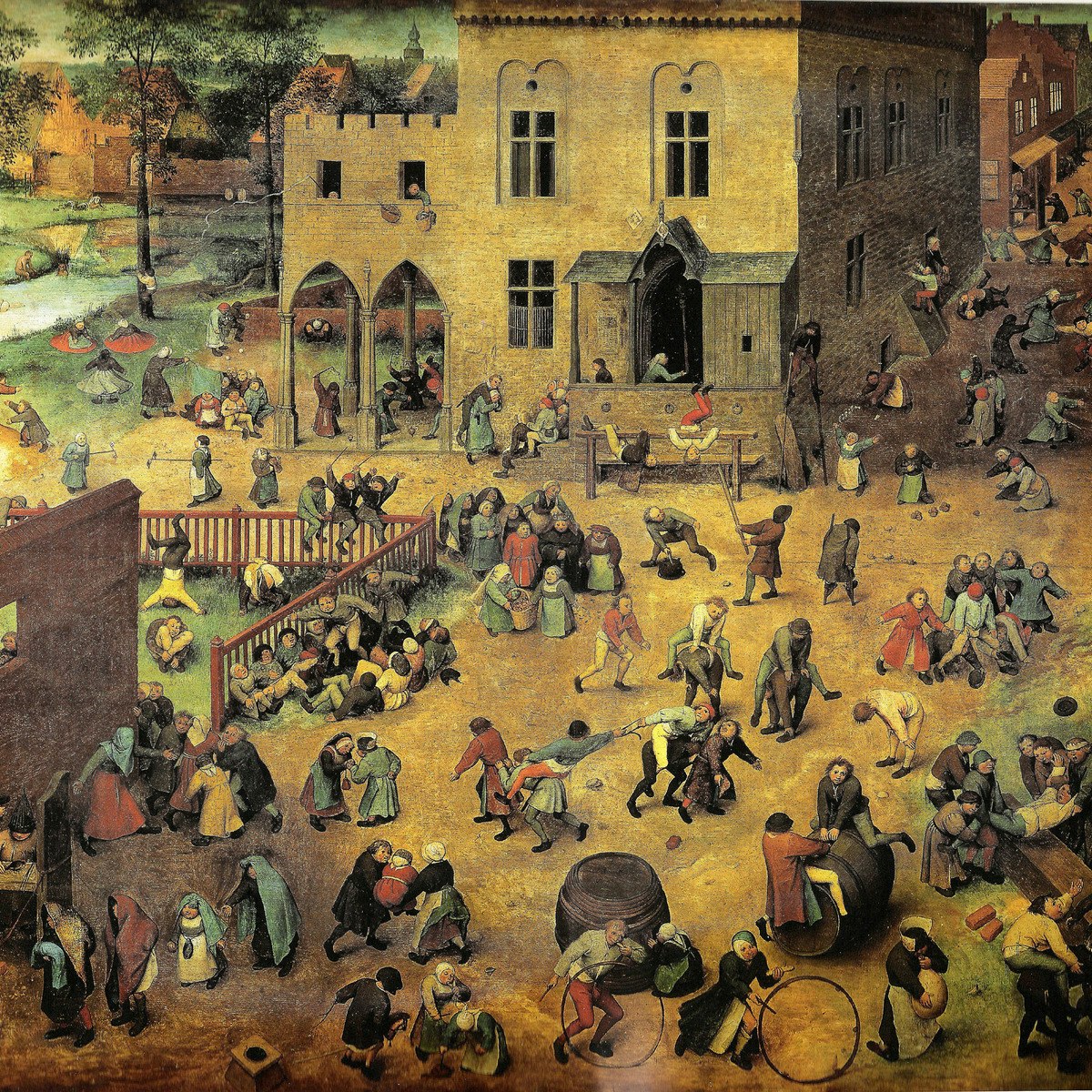
Popularized by movies such as "A Beautiful Mind," game theory is the mathematical modeling of strategic interaction among rational (and irrational) agents. Beyond what we call `games' in common language, such as chess, poker, soccer, etc., it includes the modeling of conflict among nations, political campaigns, competition among firms, and trading behavior in markets such as the NYSE. How could you begin to model keyword auctions, and peer to peer file-sharing networks, without accounting for the incentives of the people using them? The course will provide the basics: representing games and strategies, the extensive form (which computer scientists call game trees), Bayesian games (modeling things like auctions), repeated and stochastic games, and more. We'll include a variety of examples including classic games and a few applications.
Read more
Popularized by movies such as "A Beautiful Mind," game theory is the mathematical modeling of strategic interaction among rational (and irrational) agents. Beyond what we call `games' in common language, such as chess, poker, soccer, etc., it includes the modeling of conflict among nations, political campaigns, competition among firms, and trading behavior in markets such as the NYSE. How could you begin to model keyword auctions, and peer to peer file-sharing networks, without accounting for the incentives of the people using them? The course will provide the basics: representing games and strategies, the extensive form (which computer scientists call game trees), Bayesian games (modeling things like auctions), repeated and stochastic games, and more. We'll include a variety of examples including classic games and a few applications.
Popularized by movies such as "A Beautiful Mind," game theory is the mathematical modeling of strategic interaction among rational (and irrational) agents. Beyond what we call `games' in common language, such as chess, poker, soccer, etc., it includes the modeling of conflict among nations, political campaigns, competition among firms, and trading behavior in markets such as the NYSE. How could you begin to model keyword auctions, and peer to peer file-sharing networks, without accounting for the incentives of the people using them? The course will provide the basics: representing games and strategies, the extensive form (which computer scientists call game trees), Bayesian games (modeling things like auctions), repeated and stochastic games, and more. We'll include a variety of examples including classic games and a few applications.
You can find a full syllabus and description of the course here: http://web.stanford.edu/~jacksonm/GTOC-Syllabus.html
There is also an advanced follow-up course to this one, for people already familiar with game theory: https://www.coursera.org/learn/gametheory2/
You can find an introductory video here: http://web.stanford.edu/~jacksonm/Intro_Networks.mp4
What's inside
Syllabus
Week 1: Introduction and Overview
Introduction, overview, uses of game theory, some applications and examples, and formal definitions of: the normal form, payoffs, strategies, pure strategy Nash equilibrium, dominant strategies
Read more
Syllabus
Good to know
Save this course
Reviews summary
Game theory: a mixed review
Activities
Review Basic Probability Theory
Show steps
Review the basics of probability to prepare for this course
Browse courses on
Probability Theory
Show steps
-
Study probability distributions
-
Review conditional probability and independence
-
Solve probability problems
Read 'Game Theory: An Introduction' by Roger Myerson
Show steps
Supplement your understanding of game theory with a comprehensive textbook
Show steps
-
Read through the book and take notes on key concepts
-
Work through the practice problems and exercises
-
Apply the concepts learned to real-world examples
Practice solving game theory puzzles
Show steps
Practice solving game theory puzzles to improve your understanding of key concepts
Browse courses on
Game Theory
Show steps
-
Solve simple puzzles involving two players
-
Move on to more complex puzzles involving multiple players
-
Analyze the strategies and outcomes of different solutions
Show all three activities
Review Basic Probability Theory
Show steps
Review the basics of probability to prepare for this course
Browse courses on
Probability Theory
Show steps
- Study probability distributions
- Review conditional probability and independence
- Solve probability problems
Read 'Game Theory: An Introduction' by Roger Myerson
Show steps
Supplement your understanding of game theory with a comprehensive textbook
Show steps
- Read through the book and take notes on key concepts
- Work through the practice problems and exercises
- Apply the concepts learned to real-world examples
Practice solving game theory puzzles
Show steps
Practice solving game theory puzzles to improve your understanding of key concepts
Browse courses on
Game Theory
Show steps
- Solve simple puzzles involving two players
- Move on to more complex puzzles involving multiple players
- Analyze the strategies and outcomes of different solutions
Career center
Game Designer
Negotiator
Economist
Political Scientist
Strategy Consultant
Quantitative Analyst
Risk Manager
Statistician
Product Manager
Financial Analyst
Marketer
Software Engineer
Researcher
Lawyer
Data Scientist
Featured in The Course Notes
Reading list
Share
Similar courses
OpenCourser helps millions of learners each year. People visit us to learn workspace skills, ace their exams, and nurture their curiosity.
Our extensive catalog contains over 50,000 courses and twice as many books. Browse by search, by topic, or even by career interests. We'll match you to the right resources quickly.
Find this site helpful? Tell a friend about us.
We're supported by our community of learners. When you purchase or subscribe to courses and programs or purchase books, we may earn a commission from our partners.
Your purchases help us maintain our catalog and keep our servers humming without ads.
Thank you for supporting OpenCourser.




